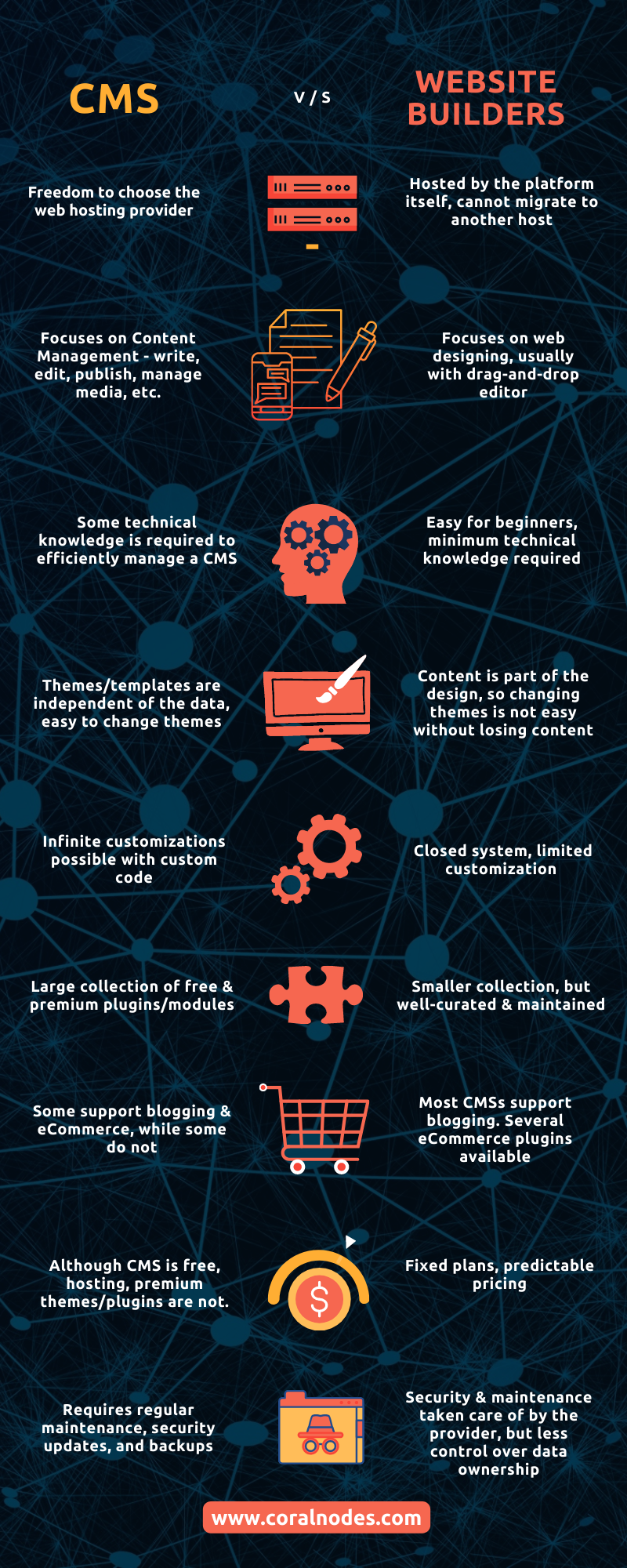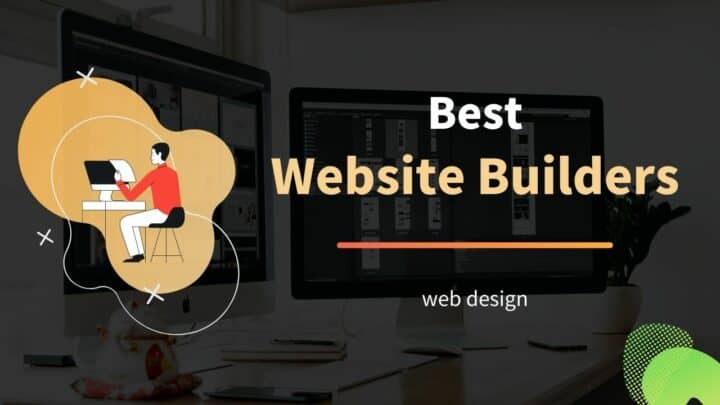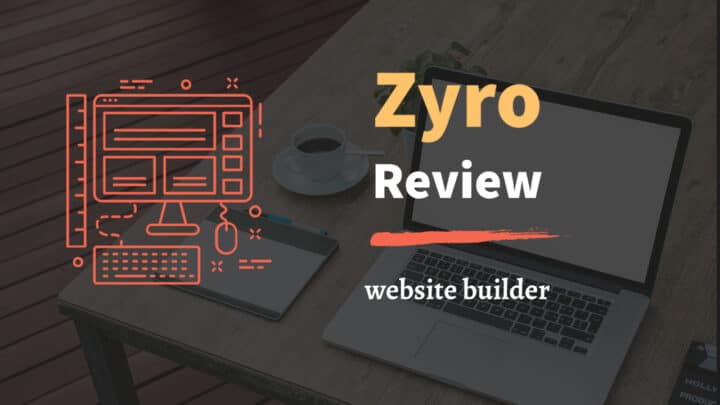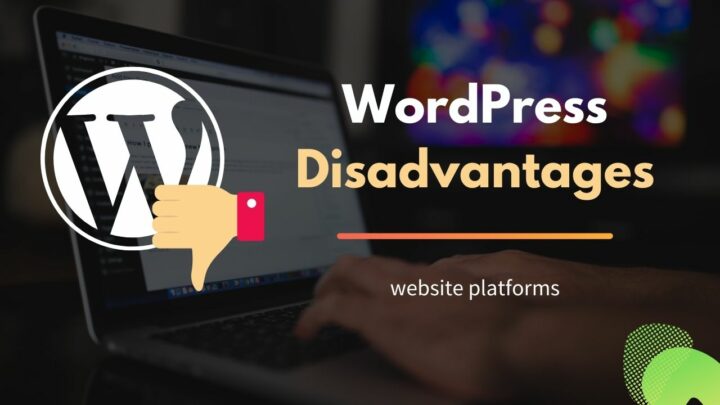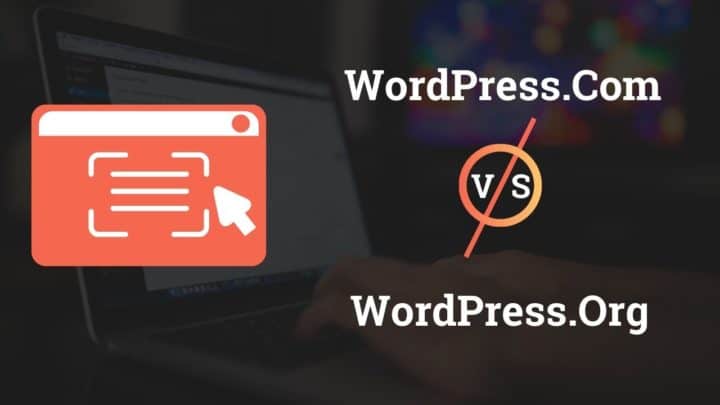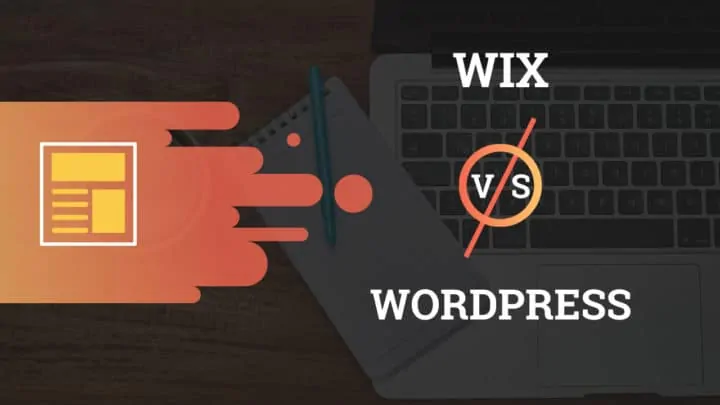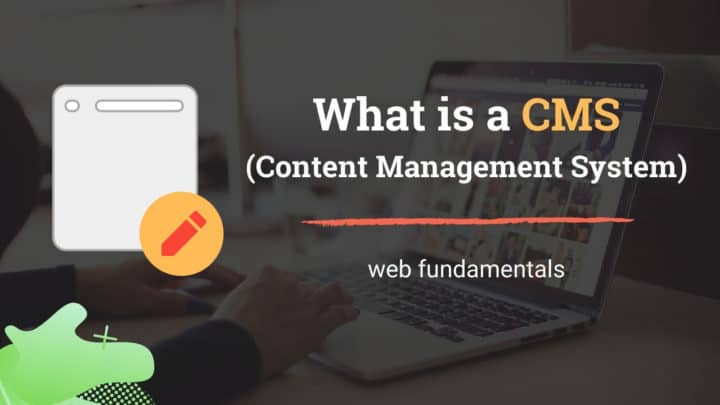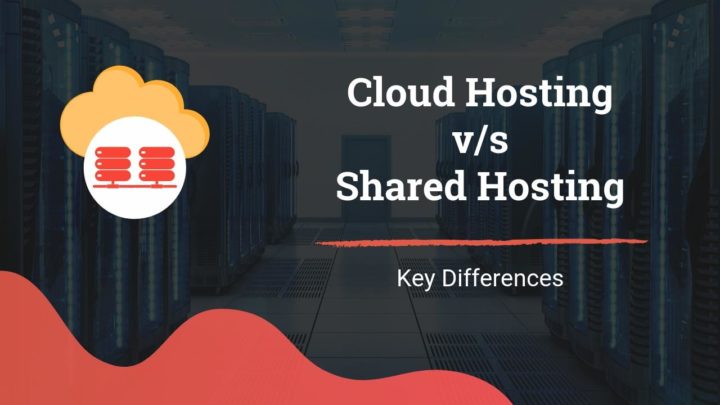There are several kinds of websites and web applications out there. There are also many ways to create them.
If you are planning to create a new website, then there are mainly two popular routes to take:
- use a content management system
- or, use a website builder
If you are confused between the two, then this post will help you to get a surface-level idea of what a CMS can and cannot do, and what a website builder can and cannot do.
Also, keep in mind that not all CMS and website builders are the same. So when we speak about CMS, we are talking about a system like WordPress. And when we speak about website builders, we are referring to a system like Squarespace.
At many points, we can find that the boundaries between the two are quite narrow. Website builders often have many of the features that a CMS offer and vice versa. But still, there are a few crucial differences that you should know about.
With that, let's go into the discussion.
Before that, here is an infographic that summarizes all the points we're going to discuss below:
1. Hosting a CMS vs Hosting Website Builder
You know that every website needs a host, which runs on some server located somewhere on the internet. But the way you do it can vary from one website to another.
So the primary difference between a website builder and a content management system is in the way both are hosted.
CMSs are usually self-hosted while website builders are platform-hosted.
There are exceptions to this, like the hosted version of WordPress.Com that narrows down the gap between a CMS and website builder. But the traditional way to run a CMS website is by self-hosting it on a server chosen by you. And that power is the main reason why you go with a CMS.
Most CMS software like WordPress and Drupal are open-source, which allow you to download them from their respective sites. Then you purchase a hosting plan from a web hosting company and install the software on it.
Most web hosts support one-click installations, so you don't even need to download it manually.
Finally, connect the domain name to that web host and start designing and adding content.
Website builders on the other hand are not usually open-source. So you cannot download the software and install it on a web hosting of your choice. Instead, it comes with hosting included in the package.
In short, a website builder allows you to create a website in minutes even if you don't have any prior knowledge of building websites.
2. Functional Differences
The primary goal of a content management system is to give you the tools to manage your content. It allows writing, editing, and publishing different types of content, organizing them, and managing them in an efficient way.
Other things like design, SEO, and marketing features are secondary, added in the form of plugins or extensions.
In contrast to that, a website builder is an all-in-one solution. The main focus is on providing an easy way to design web pages, usually made possible by a drag-and-drop editor that allows front-end editing.
Marketing and SEO features are usually built into the system to make things easier.
3. Ease of Use
At least some basic technical know-how is required to use a content management system. You need to know how to use a web hosting control panel, connect to the server using FTP, etc.
It's not about knowing how to navigate the user interface of the CMS. You should have a basic understanding of how the whole system works under the hood.
So, if you are a complete beginner, then website builders are better to create websites. Not only the user interfaces are friendlier, but you also don't have to worry about any technical aspects.
4. Design
Both CMS and website builders make use of themes. But the way they work is a little bit different.
- In a content management system, a theme is more like a component that defines the design and layout of the site.
Its job is to render the output in a specific way based on the page type. The data is independent of the theme.
For instance, when you visit a blog post, the theme retrieves dynamic data like the post title and content from the database and displays it within the theme layout.
The advantage? You can switch themes without affecting the data that is the main content of the page.
In website builders like Wix, you first select a theme or a template and then start adding content using the drag and drop editor. So the content and the theme are intertwined, making it difficult to change themes. If you change, you might lose the content along with it.
Overall, content management systems give better flexibility when it comes to web design.
5. Customizability
Open-source CMSs make infinite customizations possible if you can write custom code. You can create any kind of website out of it with custom themes plugins.
No limits if you have the knowledge and the resources to do that.
In contrast to that, website builders are closed systems that allow limited customization opportunities. However, remember that not all website builders offer the same customization capabilities. But almost none of them matches an open-source CMS.
6. Features & Extensions
Usually, the core CMS software comes with minimal features enough to manage website content.
SEO, marketing, performance, etc may not be part of the core software. So you need to extend it using plugins and modules, which is where the whole power lies.
Some of these plugins can be free offerings developed by the community while some are premium products developed by companies.
So there is no shortage of choices. But finding the right plugins for your website from this huge collection can be a tough task. For instance, the WordPress plugins directory has close to 60k plugins!
Website builders, on the other hand, take the opposite approach. They come with all the essential SEO and marketing features along with basic content management capabilities.
You can open set up a fully functioning website without depending on any of the extensions. Website builders like Squarespace and Wix do offer apps, but the collection is usually smaller and well-curated.
7. Blogging & eCommerce
Most CMSs support blogging right out of the box. In fact, that's the core functionality of many.
When it comes to website builders, some support blogging while some do not. Builders like Squarespace offer great blogging features whereas some others like Carrd do not offer any blogging capability at all.
Next is eCommerce.
Depending on the CMS, there can be several plugins or extensions that can integrate an online store with your website. Woocommerce and Easy Digital Downloads are examples from the WordPress ecosystem. Drupal Commerce is another example of a module that natively integrates eCommerce with Drupal sites.
Popular website builders like Wix, Squarespace, and Weebly come with eCommerce functionality built-in. But most of them require you to upgrade to a higher-end plan to unlock all the store features.
On the plus side, website builders make it easier to set up an online store. They also offer integration with popular payment gateways, which makes collecting payments a breeze.
8. Cost: Which is Cheaper
The CMS software may be free. But that does not mean you can run a website for free using them.
There are several other costs involved.
First, you need a web host. The price can vary depending on the type of hosting you choose. Shared hosting plans are the cheapest options, which can be less than $5 per month. On the other side of the spectrum, you have Managed Hosting providers, which can cost hundreds or even thousands of dollars per month.
Also, if you plan to enhance your website with any premium plugins or themes, those can also cost you money.
The cost of using a website builder is much more predictable. They usually offer fixed pricing and plans.
So, CMS or website builder - which one is cheaper? There is no definitive answer.
9. Security & Maintenance
With CMSs, all the maintenance responsibilities are on your shoulders. You need to take care of the security updates, backups, and speed optimization.
Whereas with website builders, everything is taken care of by the platform provider.
Another point is, popular open-source CMSs are often a target for malicious attacks. If you have a habit of regularly updating your site and using only reputed themes and plugins, then there is not much to worry about.
You can also consider setting up a firewall using third-party services like Sucuri or Cloudflare to minimize the attacks.
But still one cannot say that a website builder is more secure than a content management system. Due to their closed nature, the source code is not openly available. So, they are not frequent targets for malicious attacks although security through obscurity is not a recommended practice.
CMS: Pros & Cons
-
Complete control over the website
-
Ability to host anywhere
-
Source code is often available open-source
-
Full ownership over the content
-
Easier to migrate to other systems
-
Easier to scale if you have a growing website, using extensions, custom development, and better hosting
-
Complete ownership
-
Higher maintenance
-
Not easy for beginners
Website Builder: Pros & Cons
-
Beginner-friendly
-
Drag-and-drop interface
-
No worries about hosting, security, and other maintenance
-
Limited customizations
-
Difficult to migrate to other systems
-
Cannot host anywhere
-
No complete ownership
Conclusion
So, we discussed the different aspects you should consider before picking a CMS or a website builder. I hope it helps you to make a decision.

